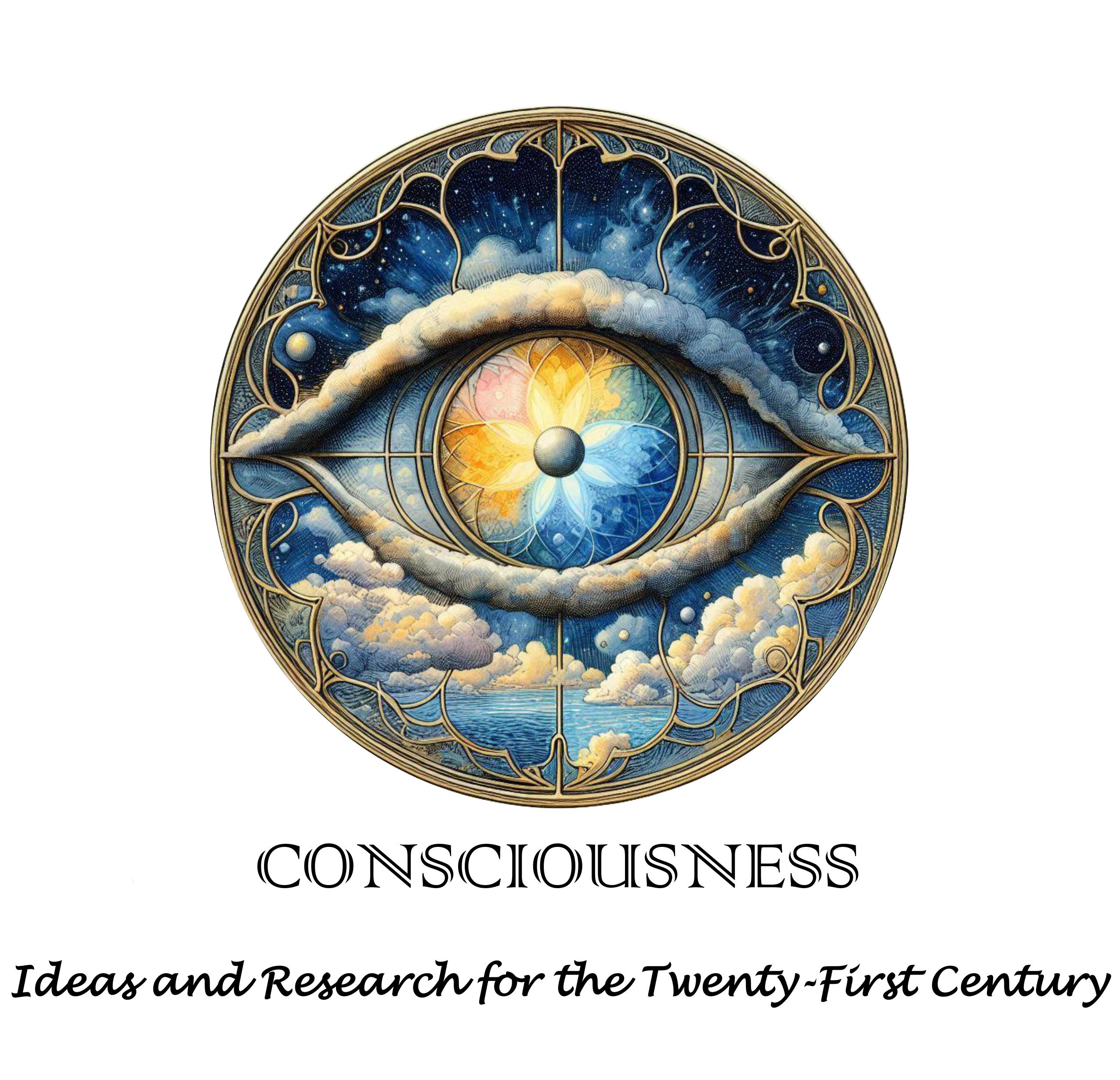
Abstract
States of consciousness referred to as nonduality, awakening, enlightenment, moksha, peak experience, unitive states, or void states, among other terms, have garnered increasing secular attention and have become a topic of psychological and neuroscientific research. A review of the literature revealed many challenges to studying this set of states, such as inconsistent conceptualizations, a variety of models and theories, and conflicting descriptions indicating that the actual experience may not live up to the superlative descriptions found in historical texts or the expectations put forth by nondual teachers. A great deal more empirical research on this topic is needed, and researchers should bear in mind the complexities and challenges that have surfaced on the related topics of mindfulness and meditation.
Recommended Citation
Elizabeth Stephens
(2018)
"Complexities and Challenges of Nonduality,"
CONSCIOUSNESS: Ideas and Research for the Twenty-First Century: Vol. 6:
Iss.
6, Article 3.
Available at:
https://digitalcommons.ciis.edu/conscjournal/vol6/iss6/3
Included in
Clinical Psychology Commons, Cognition and Perception Commons, Cognitive Psychology Commons, Other Life Sciences Commons, Other Neuroscience and Neurobiology Commons, Philosophy Commons, Psychiatry and Psychology Commons, Quantitative, Qualitative, Comparative, and Historical Methodologies Commons, Social Psychology Commons, Social Psychology and Interaction Commons, Sociology of Culture Commons, Sociology of Religion Commons, Transpersonal Psychology Commons


